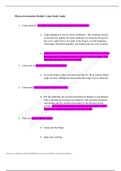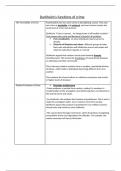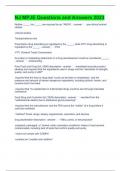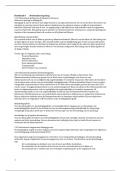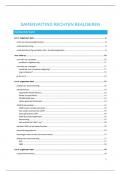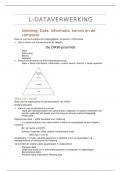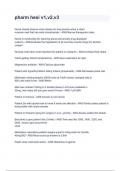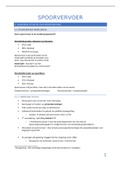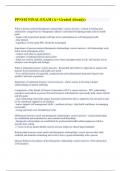Exam (elaborations)
NUR 2180 Module 5 Quiz Study Guide
- Institution
- Rasmussen College
NUR 2180 Module 5 Quiz Study GuideNUR 2180 Module 5 Quiz Study GuideNUR 2180 Module 5 Quiz Study GuideNUR 2180 Module 5 Quiz Study GuideNUR 2180 Module 5 Quiz Study GuideNUR 2180 Module 5 Quiz Study Guide
[Show more]
